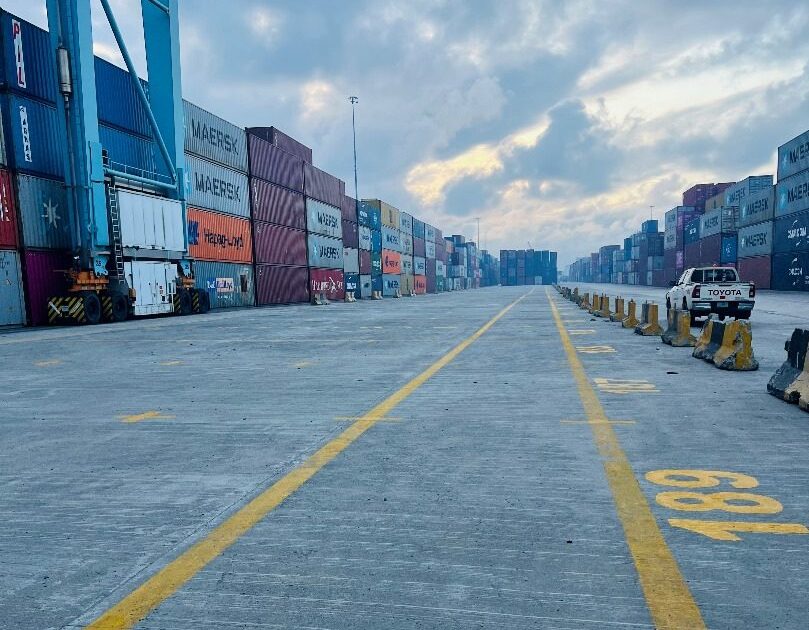The Cross River State Government has embarked on a significant initiative to bolster its non-oil export sector, recognizing the crucial need to diversify its economy and enhance foreign exchange earnings. This strategic move aims to reduce the state’s dependence on oil revenue and tap into the vast potential of its agricultural resources. The government’s commitment is evident in the launch of a comprehensive capacity-building workshop designed to equip local farmers and entrepreneurs with the necessary skills and knowledge to meet international export standards. This initiative underscores the state’s proactive approach to economic development and its focus on empowering local businesses to participate in the global marketplace.
The two-day workshop, themed “Product development and export readiness for registered and would-be exporters in Cross River State,” was organized in collaboration with key stakeholders, including the Cross River State Internal Revenue Service (IRS) and the Nigeria Export Promotion Council (NEPC). This collaborative approach signifies the importance of a multi-sectoral approach to achieving sustainable economic growth. The workshop brought together farmers, entrepreneurs, and government officials to discuss and address the challenges and opportunities in the non-oil export sector. By engaging with these stakeholders, the government aims to create a conducive environment for businesses to thrive and contribute to the state’s economic prosperity.
Dr. Abigail Duke Orok, the State Commissioner for Commerce, emphasized the urgent need to transition from theoretical training to practical implementation, focusing on the export of readily available agricultural products such as bitter kola, ogbono, plantain, palm oil, and beniseed. This emphasis on practicality reflects the government’s determination to achieve tangible results and ensure that the training translates into actual export activities. Dr. Orok highlighted the irony of Cross River’s abundant agricultural resources being traded primarily by outsiders, underscoring the need to empower local communities to take control of their resources and benefit directly from their export.
The Commissioner further revealed the state’s progress in diversifying its agricultural portfolio, with initiatives like coffee and tea cultivation already underway in the central and northern districts. This diversification strategy aims to broaden the state’s export base and reduce its reliance on a few commodities. The government’s commitment to fostering partnerships with export experts, such as Dr. Ofon Udofia of the Exports Institute in Rivers State, reflects its recognition of the importance of leveraging expertise and best practices to achieve its export goals. These partnerships aim to provide local businesses with the necessary technical assistance and guidance to navigate the complexities of international trade.
The workshop included technical sessions led by experts in export procedures and product development. Dr. Ani Iton of Bright Flow Logistics provided participants with valuable insights into the essential requirements for exporting, covering areas such as documentation, logistics, and quality control. Dr. Ofon Udofia conducted a practical demonstration of product readiness and packaging for export, equipping participants with hands-on knowledge and skills. These practical sessions were designed to bridge the gap between theory and practice, empowering participants with the tools they need to successfully export their products.
A significant aspect of the workshop was its focus on empowering women-led businesses. The second day was dedicated to exploring opportunities for women entrepreneurs in the export sector, including access to a $5 million World Trade Organization grant. This focus on women’s economic empowerment aligns with global development goals and recognizes the significant role women play in economic growth. By providing women entrepreneurs with targeted support and resources, the Cross River State Government aims to create a more inclusive and equitable export sector. This initiative underscores the government’s commitment to ensuring that women have equal opportunities to participate in and benefit from the state’s economic development initiatives.


